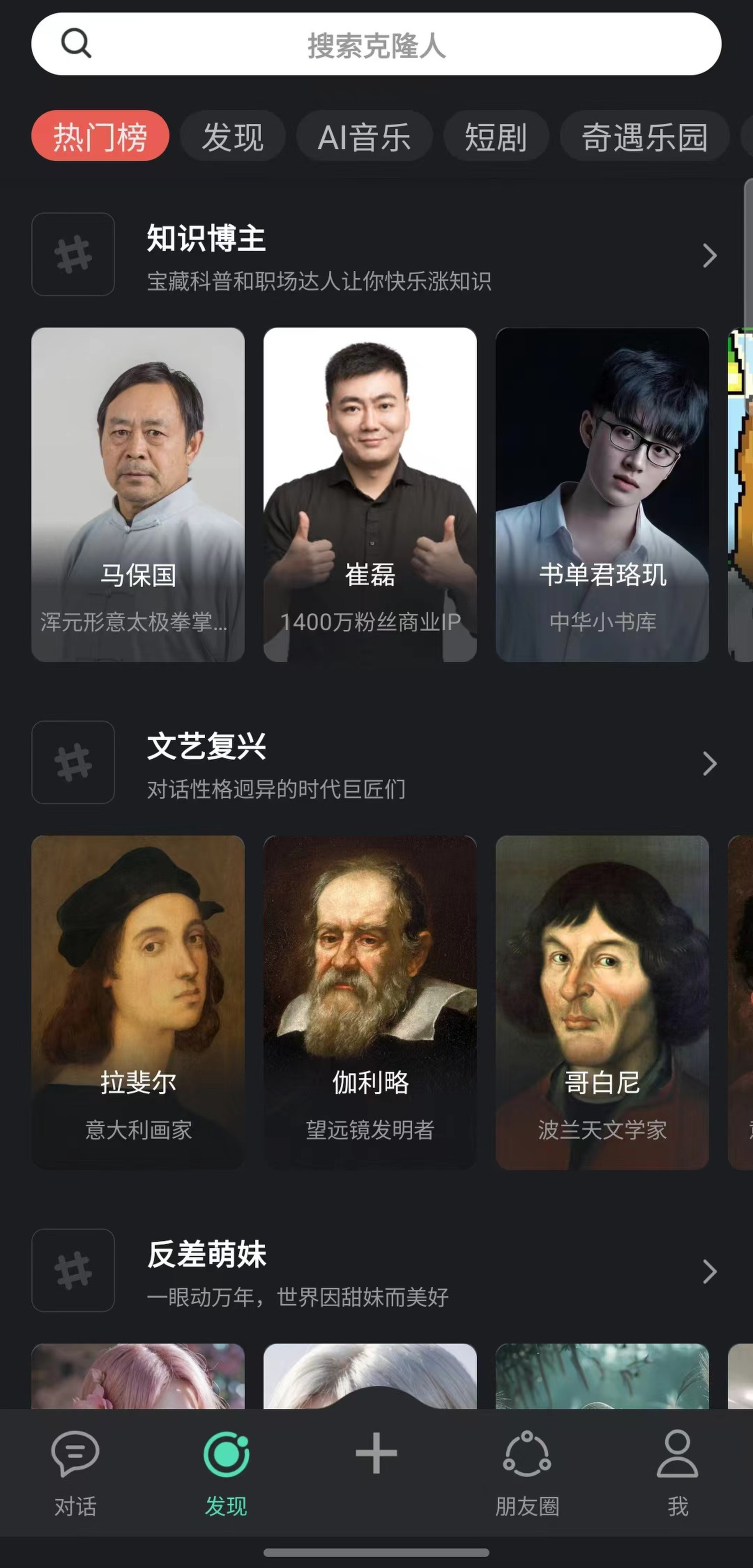The concept behind each of these products is roughly the same: they generate humanlike responses to user queries with unique personalities, allowing people to have a digital friend who will respond to them at any time. Maoxiang and Zhumengdao allow users to customise the look, voice and personalities of their virtual friends, while Xiaokan Planet only offers two characters.
As with tech firms around the world, Chinese companies have been scrambling to find out where consumers get the most value from GenAI – which has been a hot trend since OpenAI launched ChatGPT in late 2022 – with content generation, search and virtual friends all being popular use cases.
“Among all consumer AI apps, the AI companion ones seem to be the hottest with the clearest revenue source at the moment,” Liu Mengyuan, an analyst at market researcher QbitAI, wrote in a blog post last week.
The apps are free to use with basic features, but paid subscriptions are required for things like faster response times. Some apps allow users to sell their virtual characters once developed.
“While AI focuses on improving efficiency and completing tasks … AI [companions] are able to connect with the user on an emotional level that goes far beyond the traditional boundaries of functionality,” Super Huang, a Beijing-based product manager-turned-influencer who writes about AI, said in a blog post.
“The addition of this emotional dimension significantly improves the user experience and enhances user loyalty to the product,” he added.
Unlike most conversational AI bots that take on personalities of invented characters, X Eva mimics those of real people, including celebrities, influencers and historical figures like Leonardo da Vinci and Vincent van Gogh.

ByteDance’s Maoxiang app has been growing fast. Downloads in May reached 300,000, behind only Xingye and X Eva at 2 million and 1.1 million, respectively, according to QbitAI.
“[Maoxiang] is likely to significantly increase its market share in the coming months,” said QbitAI’s Liu. “The rapid growth of Maoxiang proves that emerging products still have a good chance of grabbing the top spot.”







